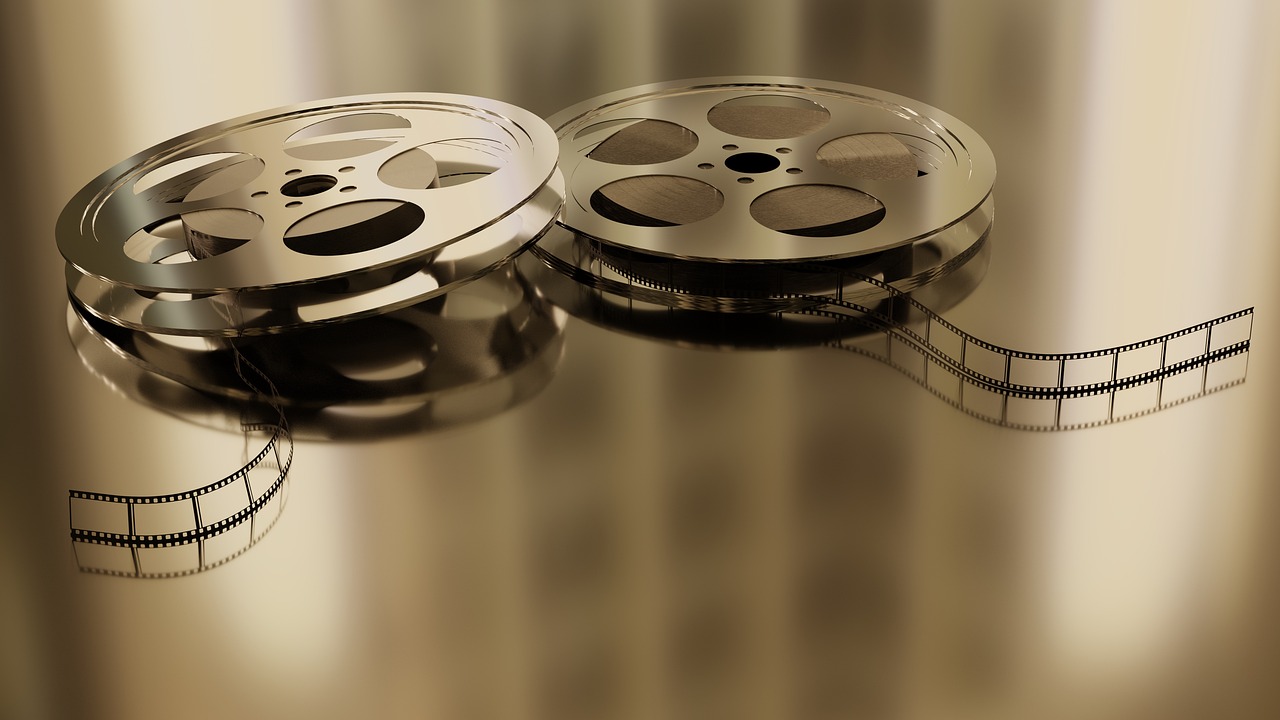
“Woke” Snow White Reboot Flops at the Box Office — Is Rachel Zegler to Blame?
Disney’s highly anticipated live-action remake of Snow White has turned into a major box office failure, earning the dubious honour of being one of the worst-rated films by both critics and audiences in recent memory. Despite a staggering production budget of $250 million, the film is expected to deliver only financial losses. As the studio scrambles to understand what went wrong, much of the blame is being directed at the film’s lead actress, Rachel Zegler.
From the outset, the project seemed cursed. Production was plagued by pandemic-related shutdowns, a Hollywood actors’ strike, and a series of controversies that fuelled criticism well before the film’s release. Among the most contentious points were the film’s casting choices and attempts to modernise the beloved 1937 animated classic — efforts that many fans saw as forced or unnecessary.
Rachel Zegler, known for her vocal political views, became a lightning rod for criticism. She openly criticised the original Snow White, calling it outdated, and publicly expressed support for Palestine and opposition to Donald Trump. Her comments created a backlash online, with some fans accusing her of disrespecting the legacy of the original film and alienating a significant portion of the potential audience.
Rewriting a Classic
The 1937 version of Snow White is widely regarded as a cinematic masterpiece, both in the realm of animation and storytelling. It was Disney’s first full-length animated feature and set the standard for generations of animated films. In line with recent trends, Disney has spent the past decade revisiting its animated back catalogue, releasing live-action remakes of classics like Aladdin, Beauty and the Beast, and The Little Mermaid.
However, the attempt to adapt Snow White for 21st-century audiences has not gone smoothly. One of the most visible changes is the casting of Zegler, a Latina actress, in the lead role. In the original Grimm tale and Disney version, Snow White is named for the fairness of her skin — something the new film reinterprets by attributing the name to her being born during a snowstorm.
The seven dwarfs — iconic characters in the original — have also undergone a radical transformation. In this adaptation, they are replaced by mythical creatures rendered in CGI, a move intended to avoid offending individuals with dwarfism. Yet their digital depiction has been widely criticised as awkward and unappealing.
Additionally, the romantic subplot has been revised. Gone is the classic song Someday My Prince Will Come, and with it, the prince himself. In his place is a reimagined character — a well-meaning thief — who ultimately wins Snow White’s heart. The princess, meanwhile, has been portrayed as an empowered heroine who no longer cooks or cleans for others but instead encourages shared responsibility among her companions.
A Film Released at the Wrong Time
The release of Snow White comes at a moment when “woke” culture is facing growing pushback in the United States, particularly after Donald Trump’s recent political resurgence. In this context, Disney’s reimagining of Snow White — notably marketed without reference to the “Seven Dwarfs” — may have missed the mark.
Directed by Marc Webb and released on 21 March, the film grossed just $44.3 million during its opening weekend in the US — well below pre-release expectations of $45–55 million. Worldwide, the film managed to earn $87 million, making it the weakest domestic debut for any Disney live-action remake.
Given the high production and promotional costs, experts say it is virtually impossible for the film to break even, let alone turn a profit. The commercial and critical failure of Snow White raises serious questions about Disney’s current strategy of reinterpreting classic stories through a contemporary lens — especially when it alienates both nostalgic audiences and new viewers.
In the end, while Rachel Zegler may not be solely responsible for the film’s failure, her role at the centre of its controversy cannot be ignored. For Disney, this flop serves as a stark reminder that even beloved fairy tales are not immune to modern-day culture wars.

